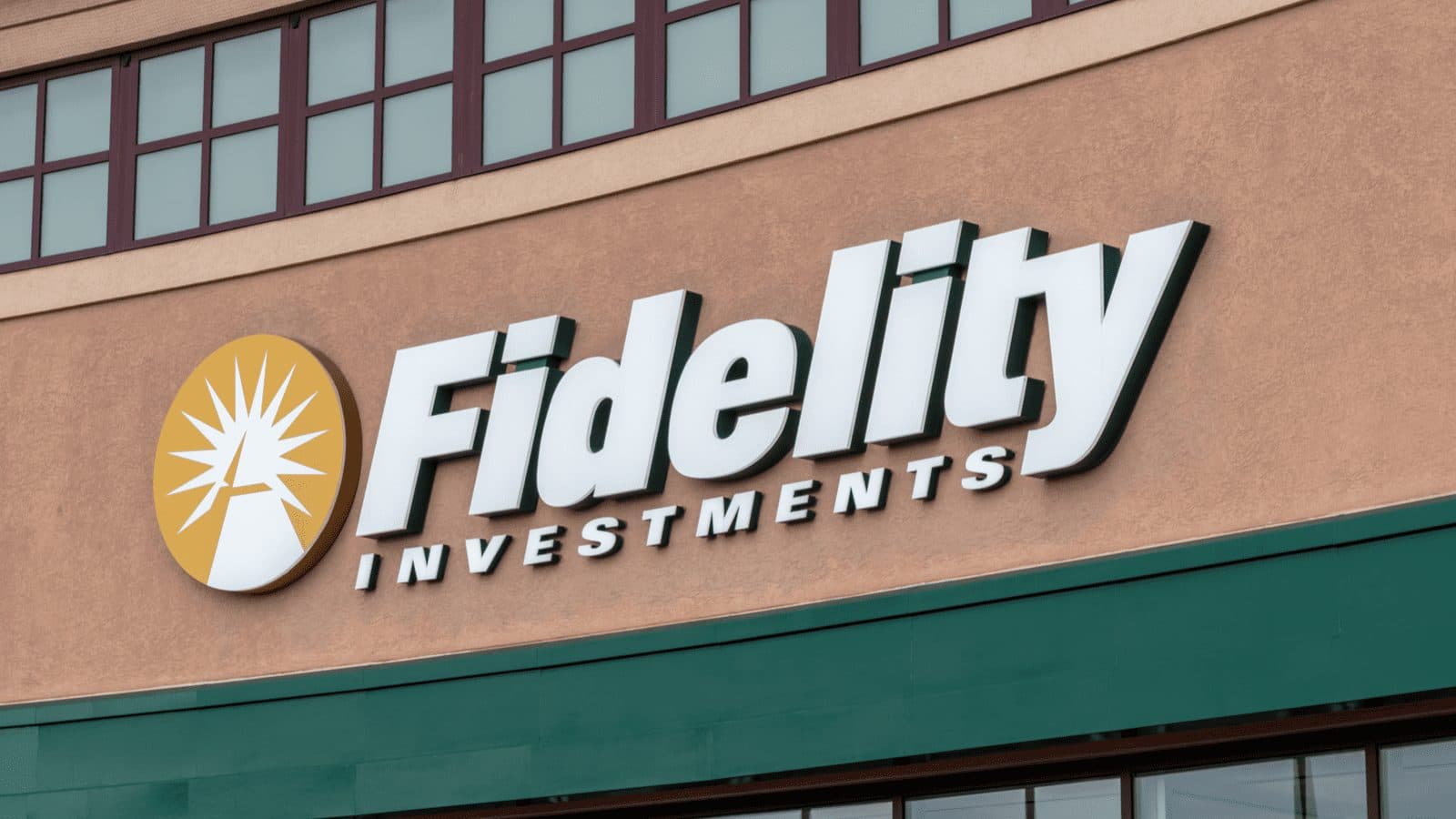New Fidelity Plans Suggest Ether’s Non-security Status Is Here to Stay
Fidelity Digital Assets said it will allow institutional investors to trade ether by the end of October

Source: Shutterstock
- Fidelity announced plans to launch ether trading for institutional clients before the end of the month
- The move signals that the investment firm is not worried about the SEC changing the token’s classification to security
Fidelity’s digital assets division is planning to roll out ether trading to institutional clients by month’s end, one signal the firm thinks the SEC will maintain its stance that cryptocurrencies are commodities, not securities.
Fidelity Digital Assets is set to facilitate institutional investors when it comes to buying, selling and transferring ether — the native token of Ethereum — starting Oct. 28, a company spokesperson told Blockworks.
“We are adding ether to our platform to address the growing interest from our institutional clients,” the spokesperson said.
The move comes as uncertainty around token classification continues to ramp up. In 2018, William Hinman, the SEC’s then-director of corporate finance, said publicly that the regulator at the time had no plans to classify both bitcoin and ether as securities.
“Offers and sales of ether are not securities transactions,” Hinman said in his speech.
But in September of this year, SEC Chair Gary Gensler appeared to take a wary step back, suggesting the fixed-income like returns of staking ether is consistent with securities classifications. Ether dipped 11% following Gensler’s remarks.
The SEC has been known to target tokens for unregistered security offerings through enforcement. In June, the agency alleged nine cryptoassets were securities in charges against former Coinbase employees accused of insider trading.
The SEC charged Ripple Labs, the issuer behind the XRP token, with an unregistered security offering nearly two years ago — the US financial watchdog’s biggest initial foray into the rule-making behind the digital assets economy.
The ongoing lawsuit is expected to end in the coming months. Both parties have agreed to allow a judge to issue a summary judgment, and industry participants have been eager to parse how the agency’s treatment of ether may play into the outcome.
A person familiar with the matter told Blockworks that ether meets Fidelity’s criteria for listed assets, at least for now. Fidelity Digital Assets has supported bitcoin trading since its launch in 2018.
The projected Ethereum support comes weeks after the investment bank unveiled its Ethereum index fund in October for accredited investors with a minimum investment of $50,000.
Get the news in your inbox. Explore Blockworks newsletters:
- The Breakdown: Decoding crypto and the markets. Daily.
- 0xResearch: Alpha in your inbox. Think like an analyst.






